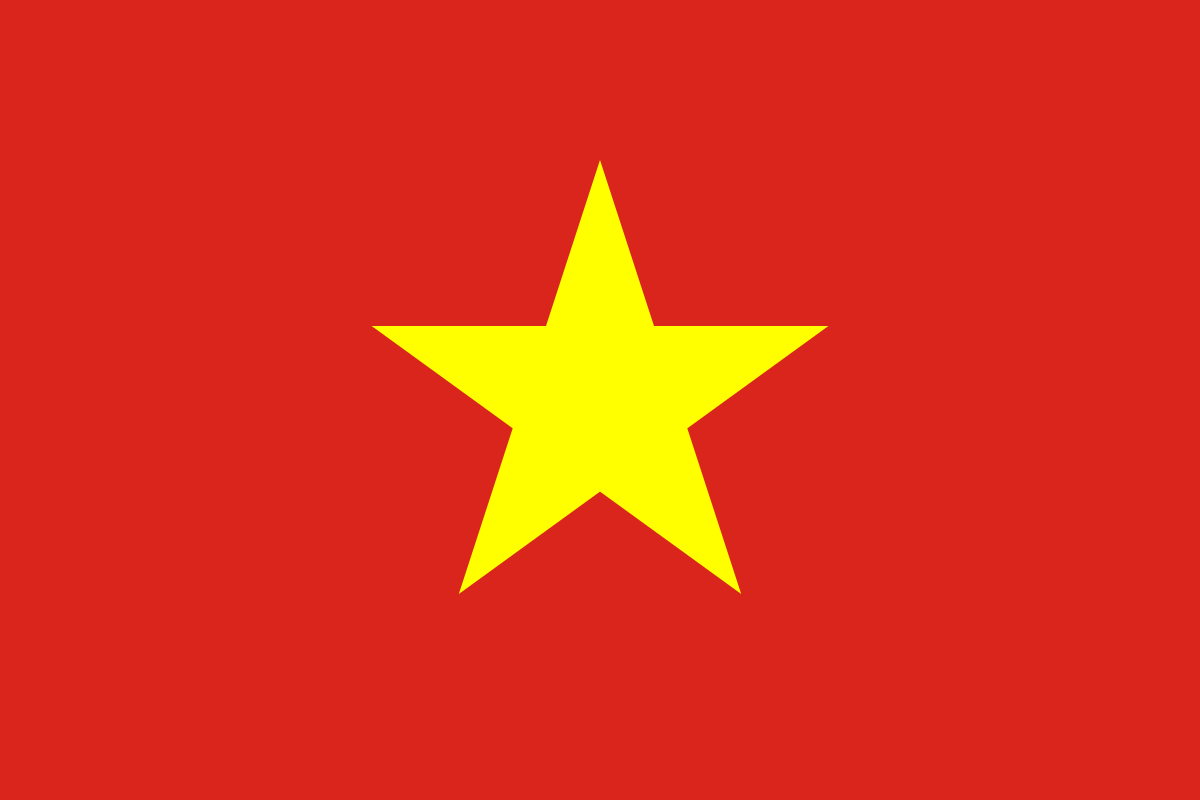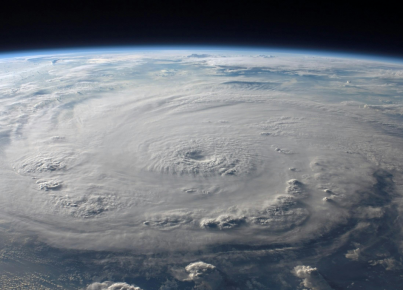Vladimir Putin's recent visit was not a choice for Vietnam, but a necessity for its diplomatic line
Editorial by Lorenzo Lamperti
There is often an "exclusive" view of diplomatic relations in the West. Almost as if maintaining or pursuing better relations with one or the other relationship means making a field choice. A black-and-white view that does not help to understand the perspective of many emerging countries, the so-called "Global South." And particularly Southeast Asia, a region that is the litmus test of the desire for multipolarity and multilateralism. A desire rooted deep in ASEAN's approach and reflected, while maintaining different traits and specificities, in its member states. The one who perhaps most embodies this posture is Vietnam, with its "bamboo diplomacy." The idea behind it: be a friend to all, enemy to none. Just like the bamboos, Vietnam believes that with this approach it can grow flexibly but firmly. A belief that has proven correct so far. Hanoi has managed to maintain close political-defensive ties with Russia and economic ties with China. But it has also successfully pursued a path of deepening relations with other Asian neighbors and with the West. Over the course of a few years, Vietnam has elevated bilateral relations with Japan, South Korea, Australia and the Philippines. But it has also signed two important free trade agreements with the European Union and the United Kingdom. Not only that. During its chairmanship of ASEAN, the RCEP, a trade agreement that brings together most of the Asia-Pacific countries, was also signed. When Joe Biden headlined a historic visit to the Vietnamese capital last September, Hanoi also took the partnership with its old rival to the highest level. Further deepening the already thriving trade relationship-Vietnam is increasingly a regional epicenter of investment and a global manufacturing hub. A process that in recent times increasingly involves major international tech giants. All this, however, does not mean that Hanoi has made or is willing to make a field choice. The U.S. president's visit was not a prelude to "enlisting" Vietnam in an anti-Russian or anti-Chinese perspective, as some may have thought given the criticism of Vladimir Putin's recent trip to the country. For Vietnam, receiving the Russian president was not a choice but a necessity to continue to protect its international relations, providing some reassurance to the historic partner after the two steps in the direction of Washington. Relations with Moscow, however, have not prevented the Vietnamese government from showing closeness to Ukraine as well. In the past two years, the PM has met twice with Ukrainian President Volodymyr Zelensky, and Hanoi has also sent humanitarian aid to Kiev. All while trying as always to foster dialogue and political resolution of the conflict.






